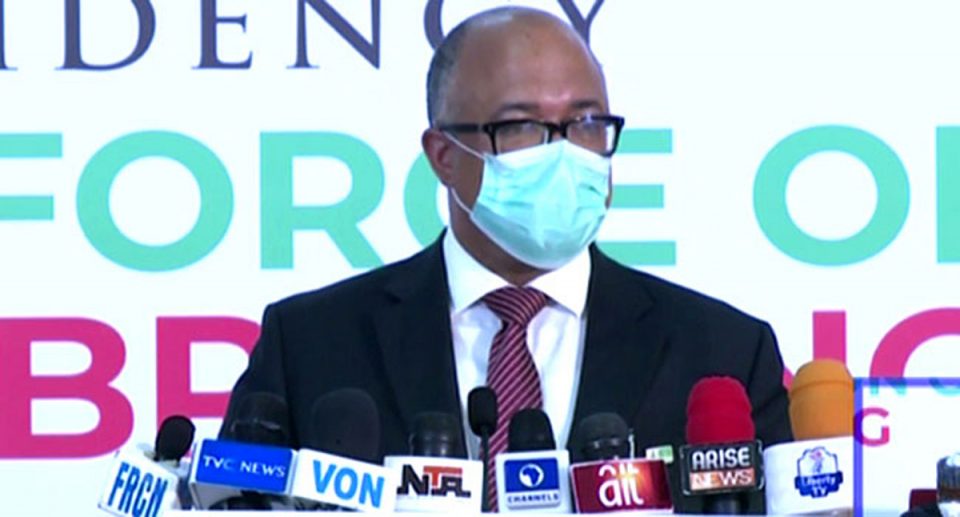- Testing increased by 186 per cent
Latest report from the Nigeria Centre for Disease Control (NCDC) shows that in one week, between November 22 to 28 (week 47), positivity rate for travellers coming into the country rose by 294 per cent; from 17 the previous week to 67 in the week under review.
It further revealed that the testing rate for COVID-19 across the country also increased by 186 per cent – from 38,724 tests to 103,358 tests in one week.
However, three states performed abysmally. The states were Borno, Taraba and Bauchi, testing two, three, and 88 COVID-19 samples in one week.
This underscores the recent COVID-19 variant called Omicron fast spreading globally, with not less than 23 countries already affected, and Nigeria recording three cases of the new variant.
The Omicron COVID-19 varian, according to the World Health Organization (WHO), is more transmissible than any other variant, with an increased risk of re-infection.
Information gathered by The Nation from the report showed that the number of new confirmed cases increased to 503 from 442. The number of discharged cases decreased to 736 from 786. Sadly, two deaths were reported.
“In Week 47, the number of samples tested increased to 103,358 from 38,724 reported in week 46. These were reported in 36 states and FCT.
“Cumulatively, since the outbreak egan in Week 9, 2020, there have been 214,092 cases and 2,976 deaths reported with a case fatality rate (CFR) of 1.4 per cent. The number of in-bound international travellers tested was 7,587 of which 67 (0.9 per cent) were positive compared to 17 (0.3 per cent) (out of 5,394 tested) in week 46.
“In Week 47, the number of out-bound international travellers tested was 7,694 of which 92 (1.2 per cent) were positive compared to 30 (0.5 per cent) (out of 6,159 tested) in week 46,” the report stated.
The Federal Government, therefore, urged citizens to get vaccinated, while adhering to the non-pharmaceutical interventions of regular handwashing with soap in running water, sanitising with alcohol based sanitisers, wearing of face masks and avoiding large gatherings.



